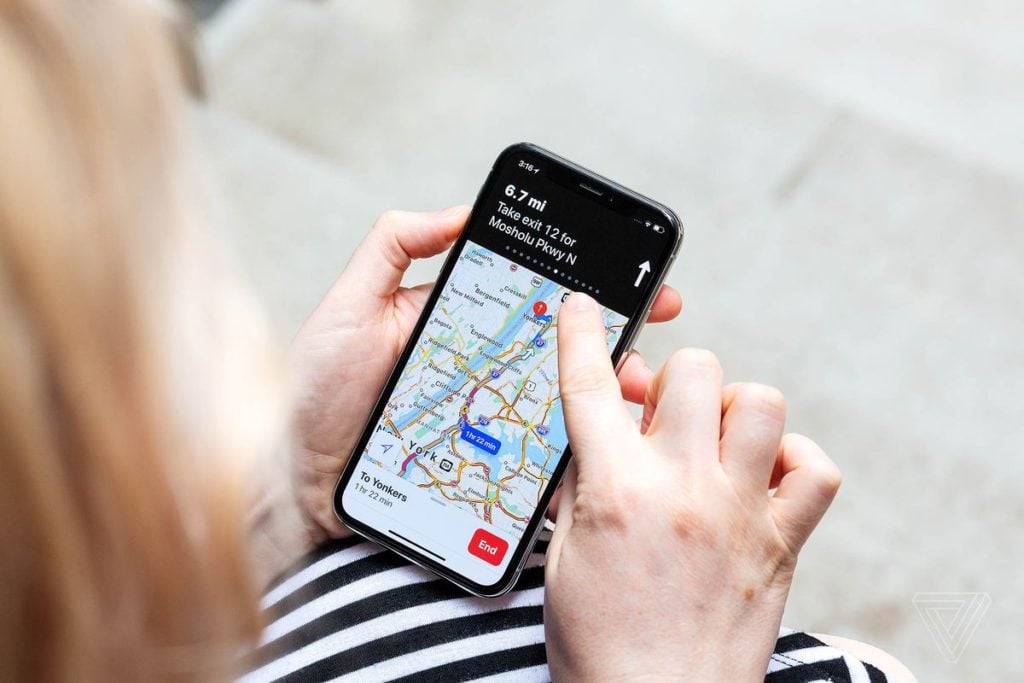ΠHow would you feel if your daily routines, from going out to a restaurant to visiting a doctor, which are recorded by applications on your mobile phone, ended up in the hands of companies for advertising purposes or even for investment products? Definitely not pleasant but you should probably accept it, since this seems to be the new reality now.

As reported by New York Times, who researched the subject and came to the aforementioned conclusion, an application on the device collects the data of the sites, which are then sold without your knowledge. The app dots the location of the cell phone owner every two seconds, according to a database of more than one million phones in New York collected in 2017 by a company and examined by the newspaper. Although the identity of the users is not revealed in these files, it is easy to associate people and dots.

And while many consumers are aware that applications can track their movements, it is certainly embarrassing that there is a growing "keyhole" industry.
At least 75 companies are receiving anonymous, location-specific data from applications whose users allow location services to receive local news and weather or other information, according to the Times. Many of these companies claim to locate up to 200 million mobile devices in the US, about half of which were in use last year.

These companies sell, use or analyze data to cater to advertisers, retailers and even investors looking for evidence of consumer behavior. This is a large market, with sales of location-targeted ads reaching $ 21 billion this year.
Businesses argue that their interest is limited to habits rather than identities, noting that the information collected is not linked to a name or phone number but to a unique ID. However, anyone with access to this data can locate a person without his or her consent. Many companies also point out that when users enable location services, their data is exposed. According to the Times, however, the terms given to consumers when asked to give permission are often incomplete or misleading. An app can tell users that providing access to their site will help them get traffic information, but without mentioning that the data will be shared and sold. This reference is often buried in a vague privacy policy.

More than 1.000 popular apps contain corporate site sharing code, according to 2018 data from mobile analytics firm MightySignal. To evaluate site sharing practices, Newspaper tested 20 applications. Seventeen of them sent exact latitude and longitude to about 70 companies. When the Times contacted them, some who received the data described them as "undesirable" or "inappropriate". There are others who claim to have informed users that the information will be used to customize the ads while consumers who give the "green light" in return have services and discounts tailored to their needs.
[the_ad_group id = ”966 ″]


